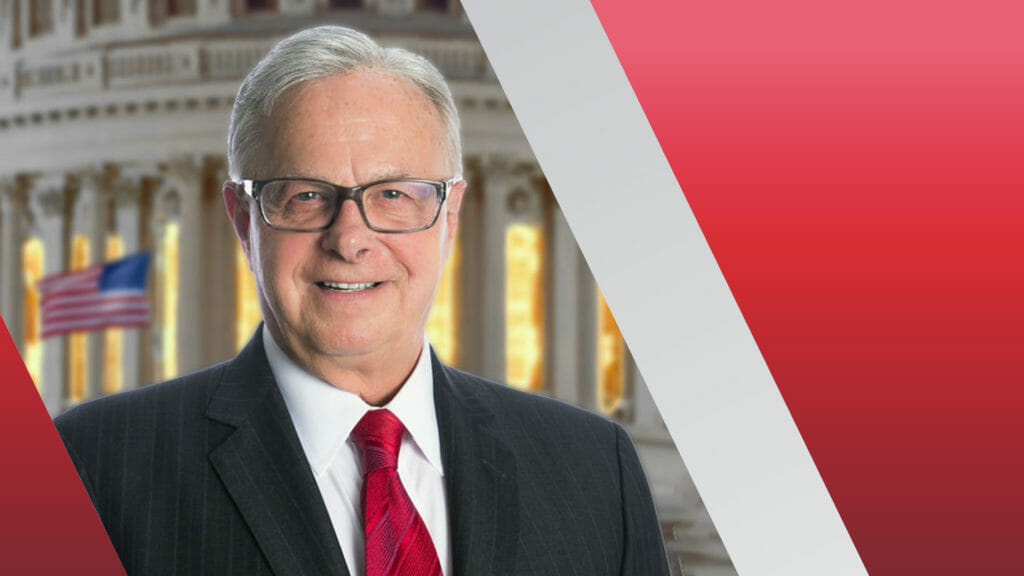
In an urgent message aimed at Washington, Bayada’s chief government affairs officer warned that economic “stars are aligning” to undermine the home care industry at a time when demand for caregivers is skyrocketing.
David Totaro told McKnight’s Home Care Daily Pulse rising gas prices are the latest blow to care workers battling burnout from the ongoing COVID-19 pandemic.
“At Bayada, we have long-term aides and nurses who stated to us just recently that they can no longer accept cases in rural areas,” Totaro said. “They don’t want to drive those distances. Many also say they need to take a break, earn more money and have taken jobs at places like Target.”
Urgent need for BBB
Totaro said it is imperative that Congress pass the Biden administration’s Build Back Better plan, which earmarked $150 billion to home-and-community-based services. That funding could help states boost reimbursements to home care providers and increase caregiver wages. Build Back Better stalled in the Senate at the end of last year, but Totaro said it isn’t dead. However, he said lawmakers will likely pare down the legislation in order to pass it.
“We are still hopeful that home care, which has proven during the pandemic a healthcare setting that people want to utilize, will get the attention that is necessary,” Totaro said.
With inflation and gas prices on the rise, there is some optimism the Department of Health and Human Services will consider rising costs when it issues the home health payment rate rules for 2023. In a podcast last month, National Association for Home Care & Hospice President Bill Dombi told McKnight’s Home Care Daily Pulse, “We’re going to HHS and going to the White House, and suggesting that they make sure they employ methodologies that capture these cost increases.”
Gas prices have been on the rise in recent months, but more recently have been exacerbated by the war in Ukraine. While the American Automobile Association reported a $.07 per-gallon drop in the national gas price average in the past week, pump prices are still $.25 higher than they were a month ago. Governors in three states have temporarily suspended state fuel taxes to help mitigate the pinch from higher gas prices and a handful of other states are considering similar measures.
Employee relief
Most home care workers cover their own transportation costs. Many agencies have been helping workers reduce those costs by scheduling patient visits in closer proximity to each other. Bayada is helping its caregiver shoulder higher gas prices through grants from an employee relief fund it established last year during the pandemic.
“We’ve already given out $1.1 million in grants to our nurses and aides with an average of about $500 each,” Totaro said.
Totaro said the relief fund and other efforts agencies are taking to cut down on transportation costs are short-term fixes to what could likely be a longer-term problem.



